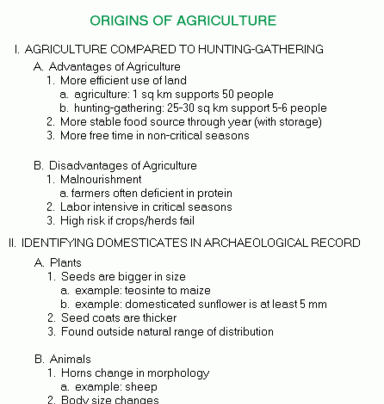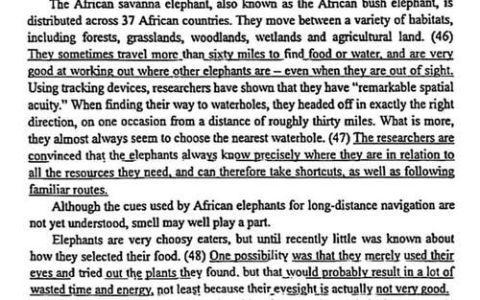Every country has a government, a system of institutions and officials responsible for making and enforcing laws, providing services, and representing the people. Understanding the structure, functions, and importance of government is essential not only for citizens but also for policymakers, academics, and business leaders. This article provides an overview of the key aspects of government, including its types, branches, powers, and challenges.
Types of Government
There are several types of government, each with different characteristics and advantages. The most common types are:
- Democracy: a system in which power is held by the people, usually through elections and representation.
- Monarchy: a system in which a single person, usually a king or queen, rules the country.
- Dictatorship: a system in which power is concentrated in the hands of a single person or group, often supported by the military.
- Theocracy: a system in which religious leaders or a religious text have the final authority over laws and governance.
- Anarchy: a system in which there is no formal government or authority, and individuals must rely on their own rules and justice.
Branches of Government
Most governments are divided into three branches: the executive, legislative, and judicial. Each branch has distinct functions and powers:
- The executive branch, usually led by a president or prime minister, is responsible for enforcing laws and managing public affairs.
- The legislative branch, usually composed of a parliament or congress, is responsible for making laws and overseeing the government's budget and policies.
- The judicial branch, usually composed of courts and judges, is responsible for interpreting laws and resolving disputes between individuals and the government.
Powers of Government
Governments have various powers, ranging from taxation and budgeting to national defense and foreign policy. Some of the key powers of government include:
- Sovereignty: the authority to govern a territory and its people.
- Regulatory power: the ability to create and enforce laws and regulations that affect the economy, environment, and society.
- Fiscal power: the authority to collect taxes, spend on public goods and services, and manage the national budget.
- Military power: the ability to defend the country against external threats and maintain national security.
- Diplomatic power: the ability to negotiate agreements and treaties with other countries and represent the country at international forums.
Importance of Government
Government plays a crucial role in shaping the way people live, work, and interact. Some of the key functions and importance of government include:
- Protecting citizens' rights and freedoms, such as freedom of speech, assembly, and religion.
- Providing public goods and services, such as education, healthcare, and infrastructure, that benefit all citizens.
- Promoting economic growth and development, by regulating markets, investing in infrastructure, and supporting innovation and entrepreneurship.
- Ensuring national security and stability, by defending the country against military and non-military threats and maintaining law and order.
- Representing citizens' interests and values, by listening to their needs and opinions and responding to their demands and aspirations.
Challenges of Government
Despite its importance and power, government also faces numerous challenges and criticisms, such as:
- Corruption and inefficiency, which undermine its legitimacy and credibility.
- Partisan polarization and political gridlock, which prevent effective governance and compromise.
- Limited resources and competing priorities, which require tough trade-offs and compromises.
- Complex and rapidly changing global issues, such as climate change, terrorism, and immigration, which require coordinated and innovative solutions.
In conclusion, understanding government is a multifaceted and dynamic task that requires both analytical skills and practical experience. By learning about its types, branches, powers, importance, and challenges, we can develop a nuanced and critical perspective on how government works and how it can be improved.
版权声明:本文来自用户投稿,不代表【新糯网】立场,本平台所发表的文章、图片属于原权利人所有,因客观原因,或会存在不当使用的情况,非恶意侵犯原权利人相关权益,敬请相关权利人谅解并与我们联系(邮箱:435320734@qq.com)我们将及时处理,共同维护良好的网络创作环境。



